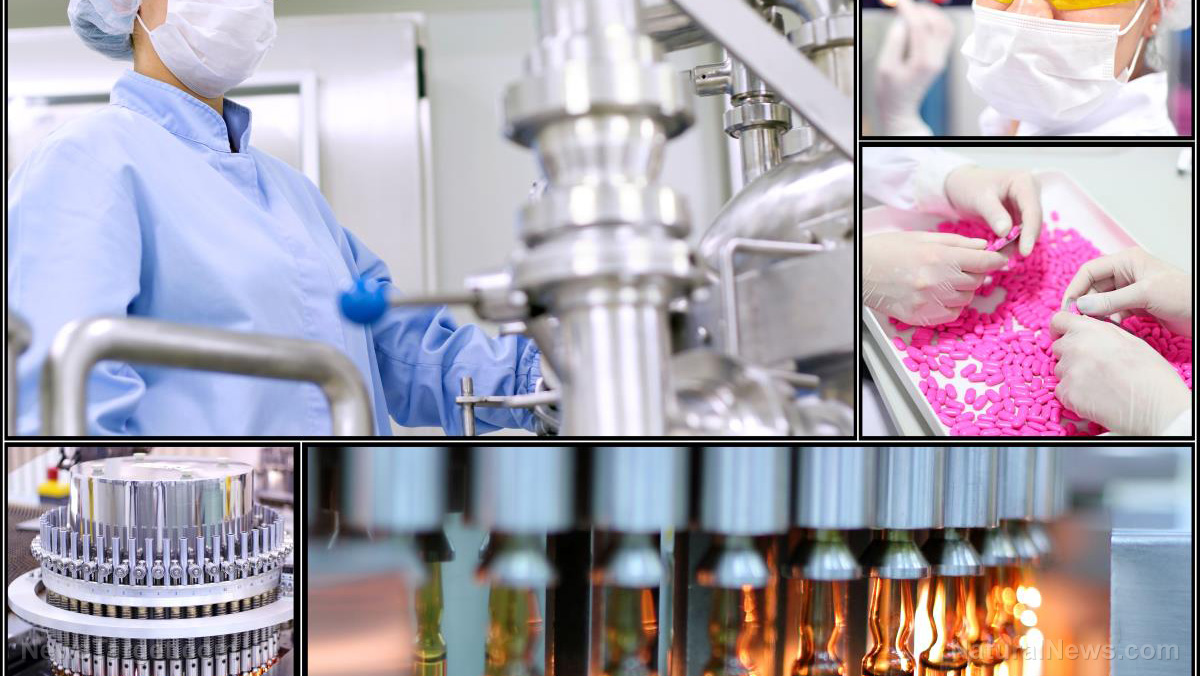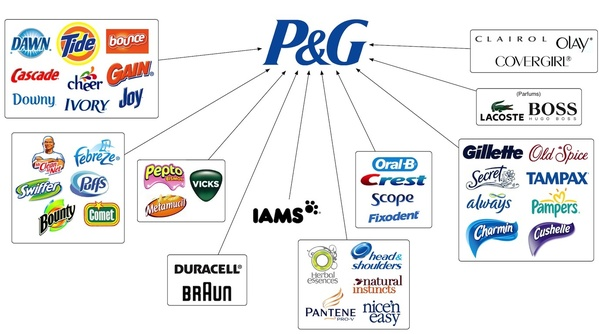
Still think the global supply chain is fine? Proctor & Gamble warns of 17,600 products using 9,000 materials from 387 factories in China… ALL impacted by the coronavirus pandemic
Mike Adams

In yet another devastating piece of news for the financial markets and global supply chains, consumer products giant Proctor & Gamble has warned that the company’s 17,600 products used 9,000 materials that come from 387 factories / suppliers across China, and that all of them may be disrupted by the coronavirus pandemic.
“Each of these suppliers faces their own challenges in resuming operations,” said CFO Jon Moeller during a speech at the Consumer Analyst Group of New York conference, as reported by CIPS.org.
Chinese demand for both copper and petroleum fuels has plummeted over the last 30 days, indicating a sharp plunge in factory production. CIPS.org quotes a TrendForce report that reveals the coronavirus is hitting the semiconductor industry especially hard, resulting in “high impact” on the smartphone industry due to supply chain chaos.
That same report also explains, “Although automakers can compensate for material shortage through overseas factories, the process of capacity expansion and shipping of goods is still expected to create gaps in the overall manufacturing process.”
As CIPS.org explains, “Analysts Mintec said the virus was “swamping” markets with uncertainty.” According to the article, supply chain chaos is also hitting food and spice markets:
Other products affected include pork – the price has rocketed 167% year-on-year and 11% month-on-month to the first week of February – and chicken, where ships carrying it from the US to mainland China are being diverted to ports in Hong Kong, South Korea, Taiwan and Vietnam.
Supplies of garlic are also under threat (China commands 80% of the export market), along with dried ginger – prices delivered to the US have grown by 26% quarter-on-quarter.
Proctor & Gamble owns hundreds of brands representing thousands of products globally
P&G is a massive chemical giant, producing thousands of chemically-manufactured consumer products that are sold almost everywhere around the world. These products are, of course, heavily laced with toxic chemicals, making P&G one of the worst polluters in the world when it comes to the use and discarding of their products, but that’s a point for another day.
Some of the many products P&G represents include Dawn dish soap, Tide, Bounce, Cascade, Gain, Ivory soap, Joy, Pantene, Head & Shoulders, Crest, Scope mouthwash, Oral-B, Covergirl, Olay, Gillette, Tampax, Always, Charmin, Tampax, Old Spice and many more.
P&G is also known as a left-wing cult-like “virtue signaling” company that uses advertising to try to attack men and promote cultural “progressivism” along the lines of LGBT themes, including transgenderism. But again, that’s a different topic for a different day.
Seriously, if the world runs out of P&G products, the world would be a far less toxic place.

The bigger story in all this, however, is that if P&G can’t maintain its own supply lines, then many other large manufacturers and retailers won’t be able to maintain their supply lines, either.
And the coronavirus pandemic in China has only just begun. To date, only a tiny percentage of the total population in China has been infected, which means this will continue to play out for many months or even years to come.
In this new podcast, I explain what’s happening with food supply lines in world markets, specifically with food items related to preparedness and survival supplies:
Brighteon.com/41521c23-e906-4782-b319-3e42d2bf3a45
Hear all my coronavirus podcasts and see videos, articles and most at Pandemic.news.
